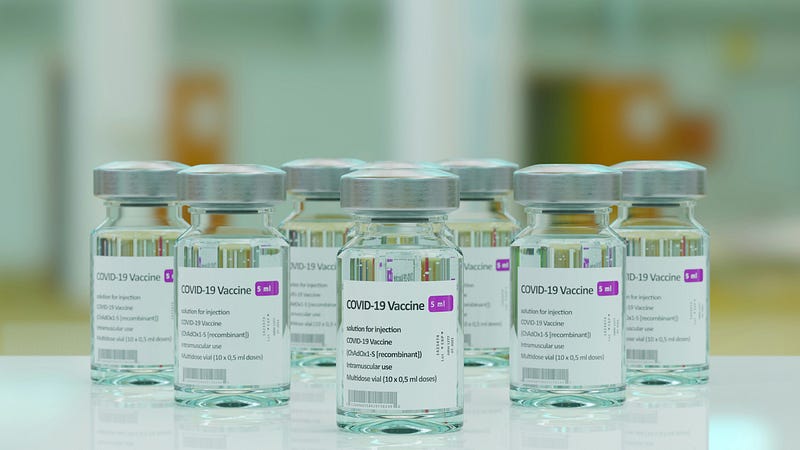Navigating the Complex Landscape of Vaccines and Public Health
Written on
Chapter 1: Reflections on Vaccination
As I prepare to receive my annual flu shot, I'm also contemplating whether to get the updated Covid vaccine. Here are my thoughts.

Both Extremes Can Be Misguided
It's important to recognize that just because individuals like Fauci and staunch pro-vaccine advocates may have limitations or inaccuracies in their views, it doesn't imply that the contrary perspectives of anti-Fauci and fervent anti-vaxxers are correct. Both sides can be mistaken, or at the very least, hold incomplete understandings.
Science Versus Science-Informed Policy
There’s a significant distinction between scientific inquiry and public policies that are informed by science. The latter can be influenced by a variety of non-scientific factors, including political beliefs and societal values such as personal freedom. The balance between scientific considerations and non-scientific factors like individual liberties or economic development is complex, and clear answers are elusive. Advocates from both perspectives should acknowledge the prevailing uncertainties in the discussion.
The Potential Detriment of Extreme Views
It’s possible that figures like Fauci and extreme pro-vaccine advocates have inadvertently fostered a greater long-term harm by eroding public trust in science, particularly regarding vaccines.
The Marvel of Vaccines
In my view, vaccines represent one of the most remarkable advancements in modern biotechnology. The challenge lies in the fact that their effectiveness is often observed through the absence of diseases, which is nearly universal. When vaccines do fail or cause adverse effects, those instances are starkly visible. Although there is a minimal failure rate, the overwhelming benefits far outweigh these risks. We don’t refrain from crossing the street or eating foods simply because accidents can occur.
Understanding Transmission and Mitigation
It's crucial to differentiate between vaccines designed to prevent disease transmission and those aimed at reducing the severity of illness.
Vaccine Hesitancy: A Healthy Skepticism?
It’s completely normal—and even beneficial—to have hesitations or skepticism about vaccines. However, one might wonder why similar scrutiny isn't applied to other medical treatments or interventions that may not have undergone extensive study.
Overcoming Needle Anxiety
A significant portion of vaccine apprehension may stem from a fear of needles, often masked by various other rationalizations. Personally, I experience considerable anxiety around needles, bordering on fear. Nonetheless, I push myself to receive vaccinations because my emotions should not dictate my health decisions.
The Future of mRNA Vaccines
The accelerated advancements in mRNA technology may ultimately yield significant benefits for treating other diseases, such as cancer.
Chapter 2: The Importance of Vaccination
Doctors emphasize the necessity of keeping up with annual flu shots to maintain public health. Understanding the role of vaccines in preventing illness is vital.
The Importance of Getting Flu and COVID Vaccines cannot be overstated, as these shots play a critical role in safeguarding community health.